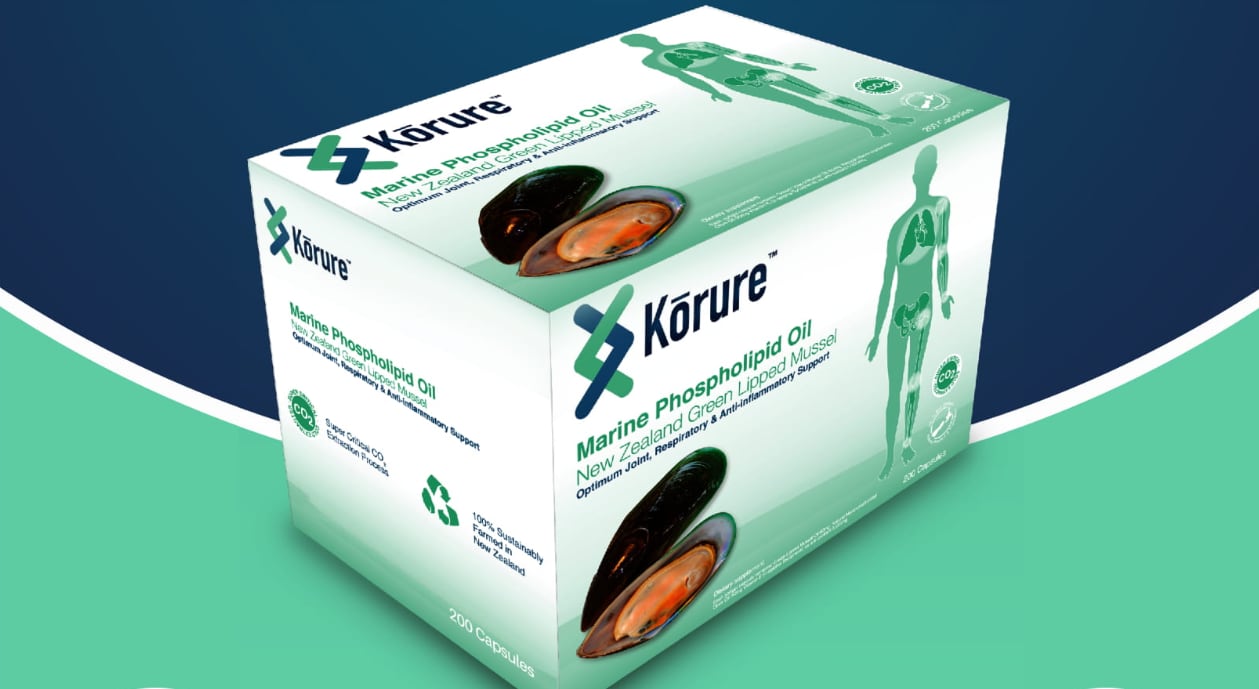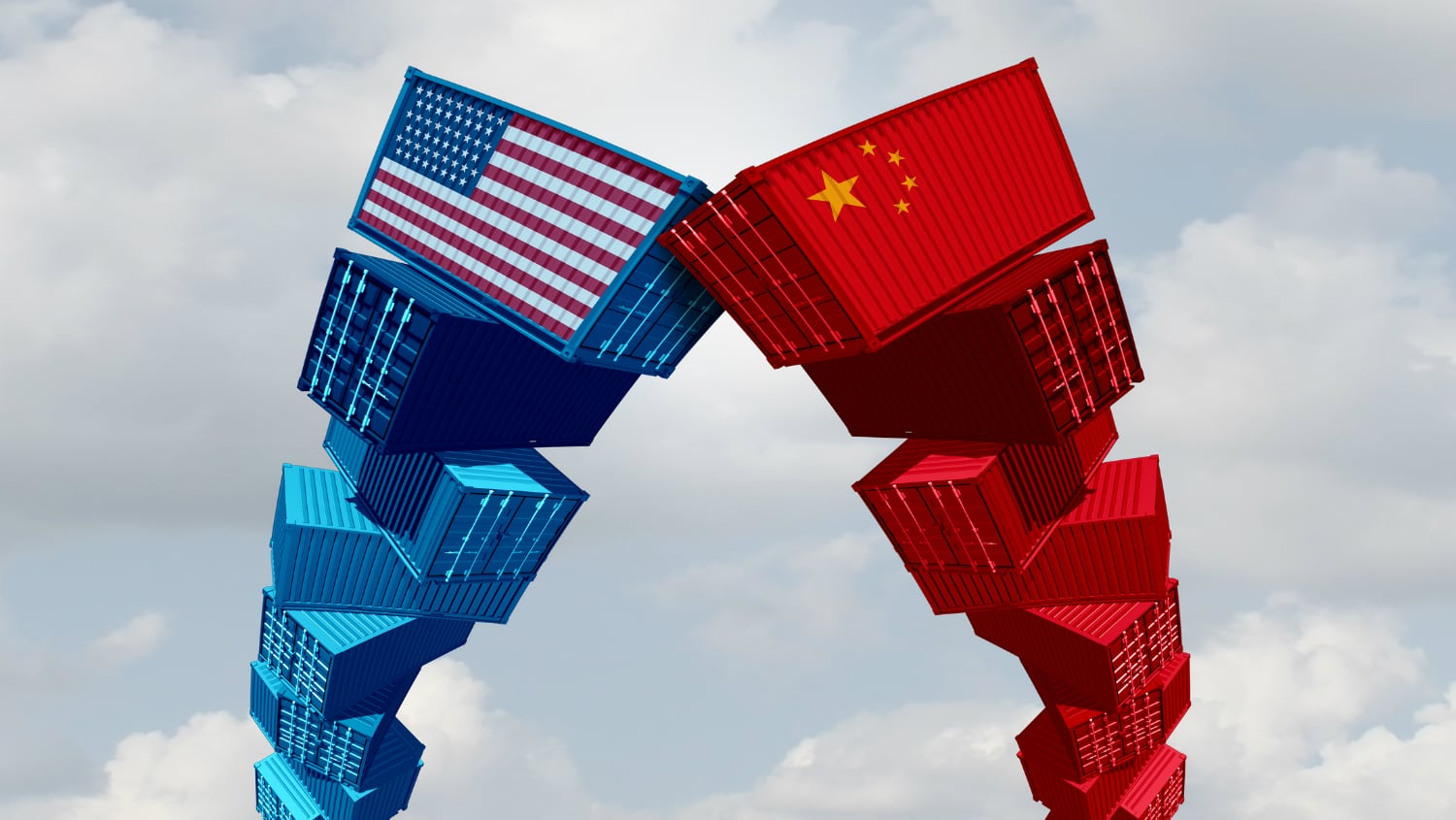It comes after American Free Press, a weekly newspaper in the US, stocked “China-free” vitamin C on from retailer Inteligent Vitamin C on its online store.
It is the latest in a long line of health supplements that claims to be “China-free” via online search. In year 2007, US dietary supplement company Food for Health International also announced that the company’s products would be labelled with “China-free” and “safe”, which attracted widespread attention.
Inteligent Vitamin C claims that the product that they use is DSM’s Quali®-C vitamin, which is manufactured in DSM’s Scotland’s plant.
Commenting on the decision to sell “China-free” vitamins, Owen Fonorow, the owner of Inteligent Vitamin C told NutraIngredients-Asia: “We are certain that Chinese manufacturers with ISO certifications make fine vitamin C, but it is difficult for people to know where most vitamin C is made, and thus it is hard to know what the quality is,” Fonorow said.
“Our niche is making it clear that our vitamin C is sourced outside China.”
Fonorow has been selling Quali®-C vitamin since year 2005.
Robert Fonorow, information coordinator at Inteligent Vitamin C added that the "China-free" logo “is easy to misunderstand”, clarifying that the firm has “nothing against China or the people living there.”
“Simply, most all major production of vitamin C for the world has moved to China in the last decade and any monopoly is undesirable.”
“We feel the economic rush going on there has the potential for exploitation by people who hold profit over humanitarian values.”
He stressed that it was Inteligent Vitamin C’s decision to use the “China-free” wording on the product labelling.
Sales wise, he said that the amount is “decent for the small company”, and support mostly came from consumers who are conscious of the products’ place of origin.
In response our queries, a leading China industry expert who has knowledge of health supplement commerce in China commented that the “China-free” claims was simply a marketing strategy.
He said that given the scale of production and technology used, he believed the quality of Vitamin C produced in China is the best in the world.
An estimated 95% of the world’s vitamin C is produced in China currently.
China had exported US$879.6 million worth of vitamin C last year, a 114.3% growth as compared to year 2016, figures from China Chamber of Commerce for Import & Export of Medicines & Health Products (CCCMHPIE) have shown.
Vitamin C – China’s most exported vitamin
Vitamin C is China’s most exported vitamin product.
The export of vitamin C is also growing at a faster rate as compared to other types of vitamins.
The main exporters of vitamin C in China were CSPC Pharmaceutical Group, Shandong Luwei Pharmaceutical, DSM Jiangshan Pharmaceutical and Northeast Pharmaceutical Group last year.
Other fast growing vitamin exports include vitamin A and vitamin B1, where export value had grown by 84.2% and 48.4% respectively last year.
Overall, China’s vitamins export value grew 46.1% last year, hitting US$3160 million last year.
The US was the biggest importer of China’s nutraceutical ingredients – 20.61% of China’s exports went to the country last year.
China’s vitamins import
On the other hand, China’s vitamin import value grew 15.5% to reach US$270 million last year.
Vitamin import value was US$16.8 million during the first quarter of this year.
India exported the largest amount of nutraceutical ingredients to China last year, accounting for 14.19% of imports into China. This is followed by the USA (11.09%) and Japan (10.49%).
As a single country, South East Asia countries Malaysia and Singapore had also imported a significant amount of nutraceutical ingredients into China last year. The former accounted for 7% of imports into China, while the latter was responsible for 6.5% of China’s imports.
China-US trade outlook
As the US-China trade war wages on, there are concerns that the dietary supplement industry will be drag into the dispute.
As such, the Natural Products Association delivered its remarks before a hearing in Washington DC put on by the office of the United States Trade Representative (USTR).
The association insisted that tariffs would be unsustainable, since China is the single largest global supplier of safe, reliable, and cost-effective raw materials for their products.
It also argued that if tariffs were introduced, it would chase away finished-product manufacturing jobs out of the US.




